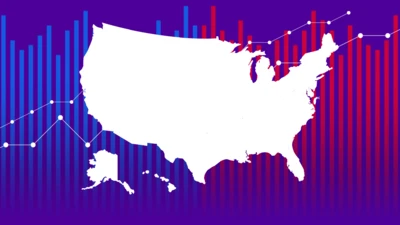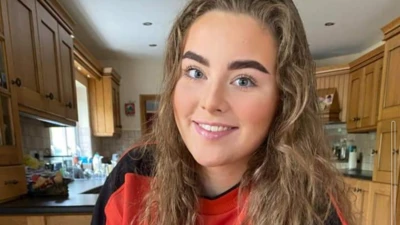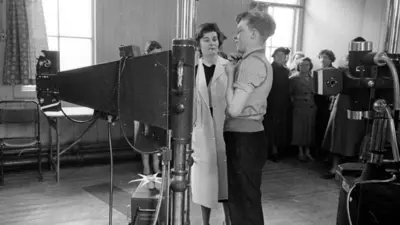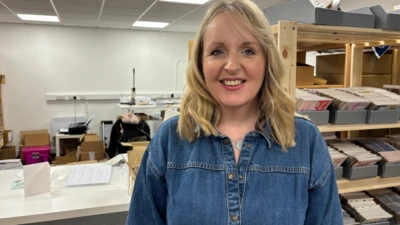We've updated our Privacy and Cookies Policy
We've made some important changes to our Privacy and Cookies Policy and we want you to know what this means for you and your data.
GP access: A story that is here to stay
Image source, TEK IMAGE/SCIENCE PHOTO LIBRARY
- Author, Nick Triggle
- Role, Health correspondent
Access to GPs is one of those touchstone issues in the NHS. About 90% of patient contacts take place in general practice.
That equates to about 1m people a day - or, to put that another way, 16 times the number that visit A&E units. So warnings from doctors that patients across the UK are facing longer waits for appointments will send a chill down the spines of ministers.
But is there really a problem? Unlike in A&E, cancer care or elective surgery it is impossible to tell exactly how long patients wait.
The most comprehensive source of data is the , published by NHS England.
From that we know one in 10 are reporting they were not able to get an appointment last time they tried. A slightly smaller number say they struggle to get one at a time that is convenient for them.
That represents a slight worsening of the position when compared with results from earlier surveys. The Patients Association also reports it has been getting more calls to its helpline about the issue.
Marathon
But this is not a new phenomenon. During the 2005 election campaign Tony Blair on 91ČČąŹ's Question Time about GP access.
Labour later introduced the 48-hour waiting time target for GP surgeries - but this was scrapped by the coalition shortly after the 2010 election.
GPs say the situation has worsened, and that services are at breaking point. The view of Dr Richard Vautrey, a GP from Leeds and member of the British Medical Association's GP committee, is typical.
Speaking at the BMA conference in Harrogate this week, he said while doctors are always prepared to go the "extra mile" for patients, the problem is that that mile has now become a marathon.
There is plenty of evidence to support their case - as the 91ČČąŹ is reporting, demand is rising and funding is being squeezed.
But it is also worth remembering that some things have changed for the better too.
A decade ago GPs were allowed to opt out of providing night and weekend cover and many have seen their pay shoot up through the ÂŁ100,000 (although like much of the rest of the public sector they have been hit with pay freezes in recent years).
The number of GPs employed by the NHS is also rising - up a fifth since 2003 - to just over 36,000 in England. Once the rest of the UK is taken into account, there are over 43,000.
Nonetheless, it seems clear there are some real challenges - and that poses the question about whether there is a way to make the system work better.
While the rise in the population has played a part in the rise in demand, perhaps a more significant factor is the fact that patients are visiting their doctors more often.
Battleground
In the mid 1990s, patients were making 3.9 visits a year, but according to latest figures from the Health and Social Care Information Centre that has increased to 5.5. Spread across the whole population that is extremely significant.
This is linked to the fact that people are living with a range of different illnesses that make their conditions and general health more complex.
Senior officials at NHS England and the Department of Health remain convinced that there are ways to reduce this.
Better self care, support in the community from health professionals such as nurses and pharmacists and the use of technologies such as telephone, email and Skype could help ease the pressures, they believe.
Meanwhile, Labour want to see the return of the 48-hour target.
Doctors are not really convinced by either argument. They want to see significantly more money invested in services.
What is certain, though, is that access to GPs promises to be one of the main battlegrounds in the NHS in the run-up to the election.
Top Stories
More to explore
Most read
Content is not available








